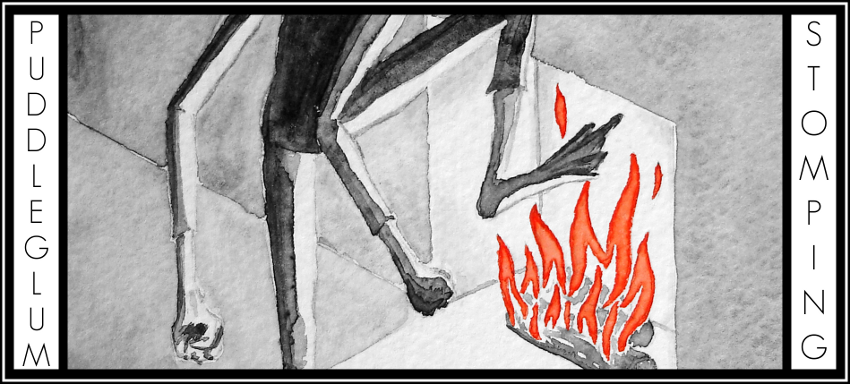Following is a quote from Alan Stuart-Smyth, who was serving as a UN peacekeeper in the Congo when he interrupted two men in the middle of perpetrating truly horrific atrocities. The men went for their weapons, and so he shot them both.
"I had turned 19 only two days previous, and still suffered from the native upbringing of a good Christian family. I lost a lot of that upbringing at Okonda. There was no honor here, no virtue. The standards of behavior taught in the homes, churches, and schools of America had no place in battle. They were mythical concepts good only for the raising of children, to be cast aside forever from this moment on. No, I didn't feel guilt, shame, or remorse at killing my fellow man — I felt pride!"
—Alan Stuart-Smyth, "Congo Horror," quoted by David Grossman in On Killing, p.222
There's a lot in his account worth discussing, but one of the things that grips me is that the gospel (at least as it had been taught to him) had nothing relevant to say about the realities of war, atrocity, and killing. He abandoned what religion had been given to him because it was simply inadequate. What bothers me is that I suspect he was perfectly justified in doing so.
The gospel I hear preached (and struggle to balance in my own preaching) is usually a gospel of conservative middle class values and struggles focused on the existential (Shackled by a heavy burden? Jesus can help!), the practical (Got kids who won't come to church? Here are ten Proverbs that will help!), American-conservative-civil-religionist values (Homosexuals/liberals/illegals got you down? Here are three Bible verses that show how they're going to hell!), or surface compassion (Feel bad about your materialistic lifestyle? Send some money to Africa and feel better!). But do we have anything worth saying to Alan Stuart-Smyth?
At best, the gospel I hear preached is powerful enough to heal a broken marriage, set a person free from an addiction, and send some money to a third-world country to build a well. Powerful stuff, yes. But most of us — including most preachers, I fear — simply do not have a theology that can handle issues of atrocity and war with anything other than bumper-sticker platitudes that only end up insulting everyone concerned.
The reality is that the gospel of Jesus Christ does have an answer to Alan Stuart-Smyth. Most of us have just never heard it.
